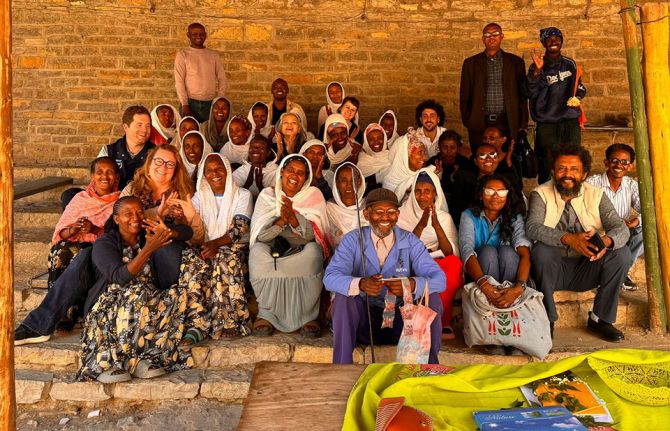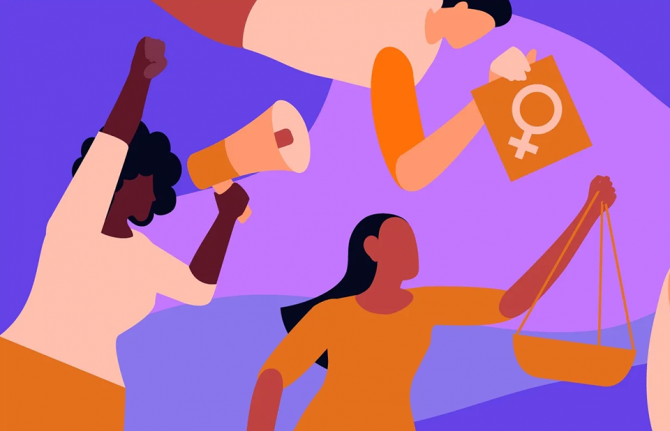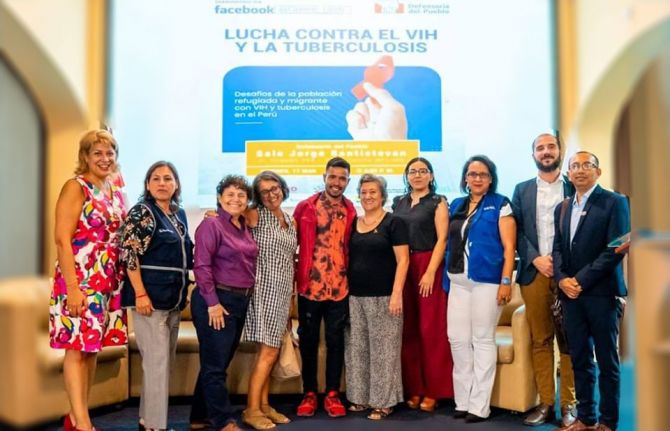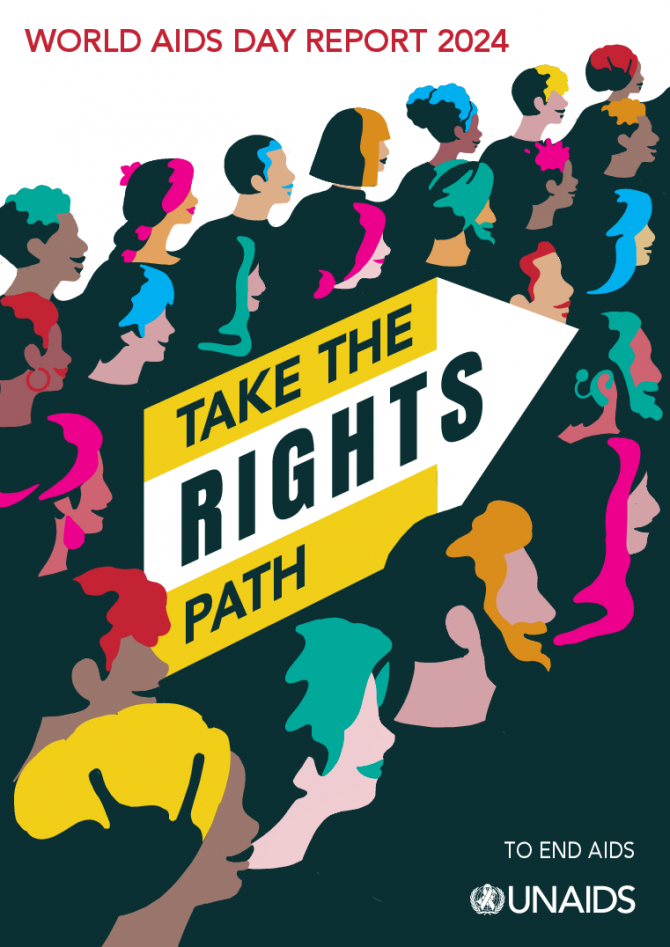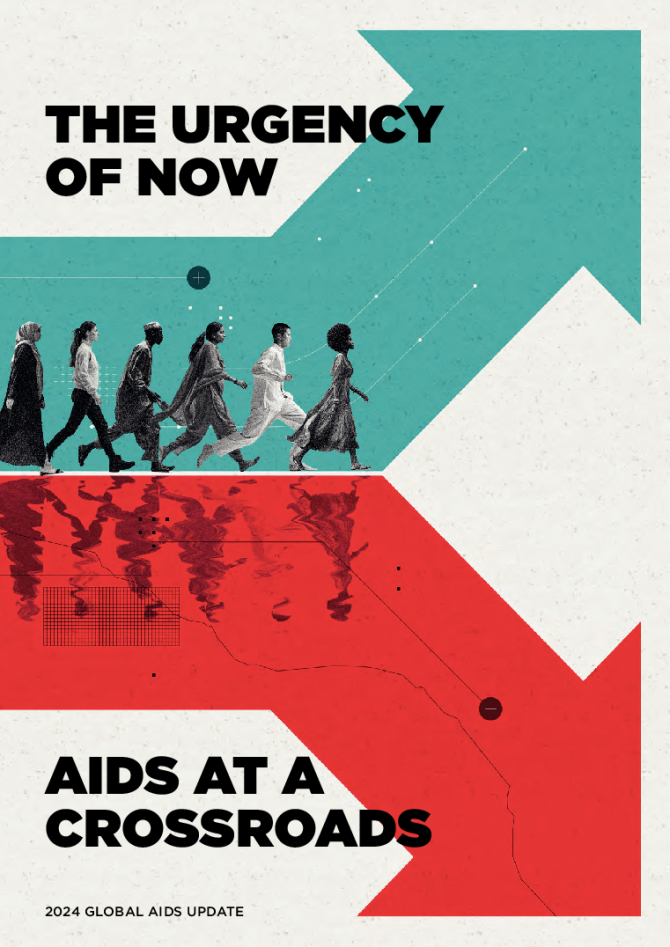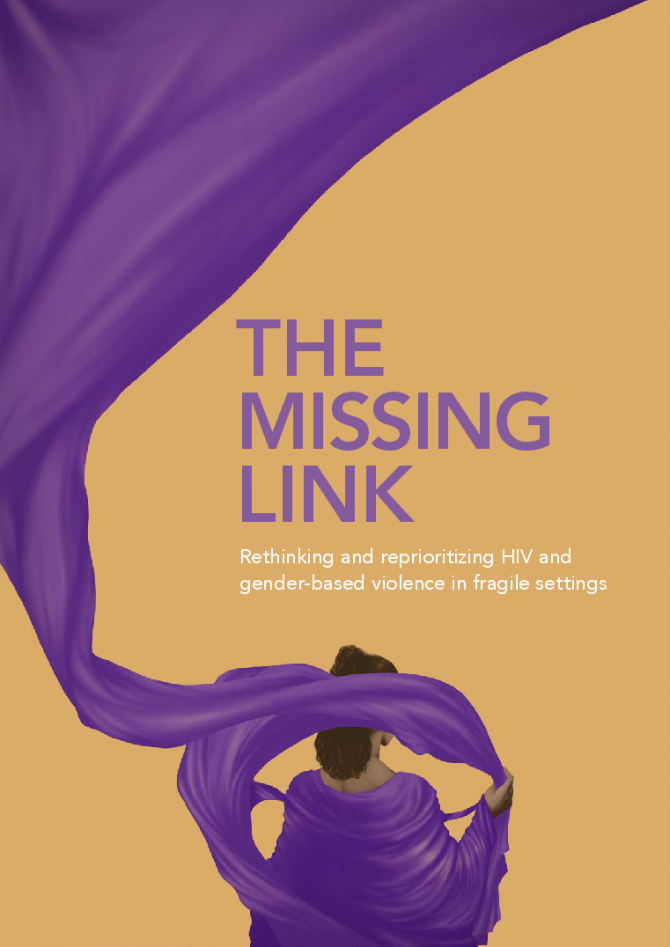
Despite remarkable achievements in reducing the number of new HIV infections and increasing access to effective treatment, governments and humanitarian aid institutions struggle to address HIV care needs in emergency and humanitarian contexts and in fragile states. People in those countries face serious problems, with reduced or complete loss of access to HIV prevention, treatment, care and support services. Without significant additional effort, especially with respect to HIV in humanitarian and emergency settings as well as in fragile countries, the Fast-Track Targets will not be reached.
"Humanitarian crises exacerbate the HIV epidemic. Millions of people are left behind, vulnerabilities increase, rape is used as a weapon of war and violence leads to new infections. Services are disrupted, people uprooted, their access to HIV prevention and treatment affected."
Michel Sidibé, UNAIDS Executive Director

